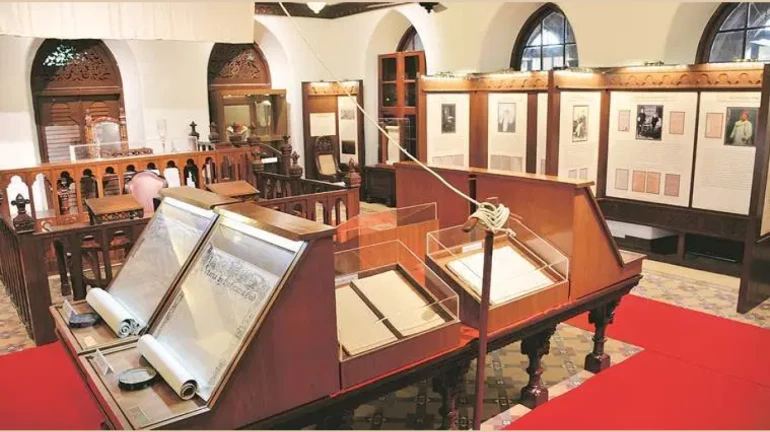
The Bombay High Court has expressed grave concerns over the worsening air quality in Mumbai and surrounding areas, declaring the situation a public health emergency. The court highlighted that despite efforts like toll exemptions for light vehicles at city entry points, traffic congestion persists, exacerbating the city's pollution problem. It noted that vehicles remain stuck in jams, emitting harmful gases that worsen air quality.
Pointing to the inadequacies in traffic management, the court observed that large-scale infrastructure projects, including bridges and the coastal road, have failed to alleviate travel delays. Long travel times, such as taking over 90 minutes to travel short distances like Bandra to Borivali or the airport, underline the ineffectiveness of current measures. The judges stated that traffic mismanagement not only inconveniences commuters but also directly contributes to the alarming rise in pollution levels.
A special bench comprising Chief Justice Devendra Kumar Upadhyaya and Justice Girish S. Kulkarni made these observations while hearing a suo motu public interest litigation (PIL) and related pleas. The PIL was initiated in response to media reports, including The Indian Express’s Death by Breath series, which spotlighted the severe pollution levels since November 2023. The court criticized the lack of immediate action by authorities, particularly during the post-Diwali period when pollution levels began to spike.
The bench directed the appointment of nodal officers on major roads to monitor traffic and control pollution. While the state government informed the court about toll exemptions for light vehicles, the judges pointed out that toll barriers still impede smooth traffic flow. They recommended removing these barriers entirely for light vehicles to reduce congestion and its subsequent impact on air quality. The court also raised concerns about the visibly deteriorating air quality, noting that landmarks like the sea view from Marine Drive were obscured by smog on particularly polluted days. It emphasized that relying on natural factors like wind to clear the air is not a viable solution and called for proactive measures to address the crisis.
Urging civic bodies in Mumbai and Navi Mumbai to take immediate action, the court instructed the deployment of sprinklers at construction sites to reduce dust and ordered stricter monitoring of industries to penalize polluters. The bench expressed disappointment over the authorities' failure to comply with previous orders and stressed the need for continuous, dedicated efforts to curb pollution and protect public health. The court has scheduled the next hearing for January 9 and demanded compliance affidavits from all relevant authorities, reiterating the urgency of addressing Mumbai’s pollution crisis.





